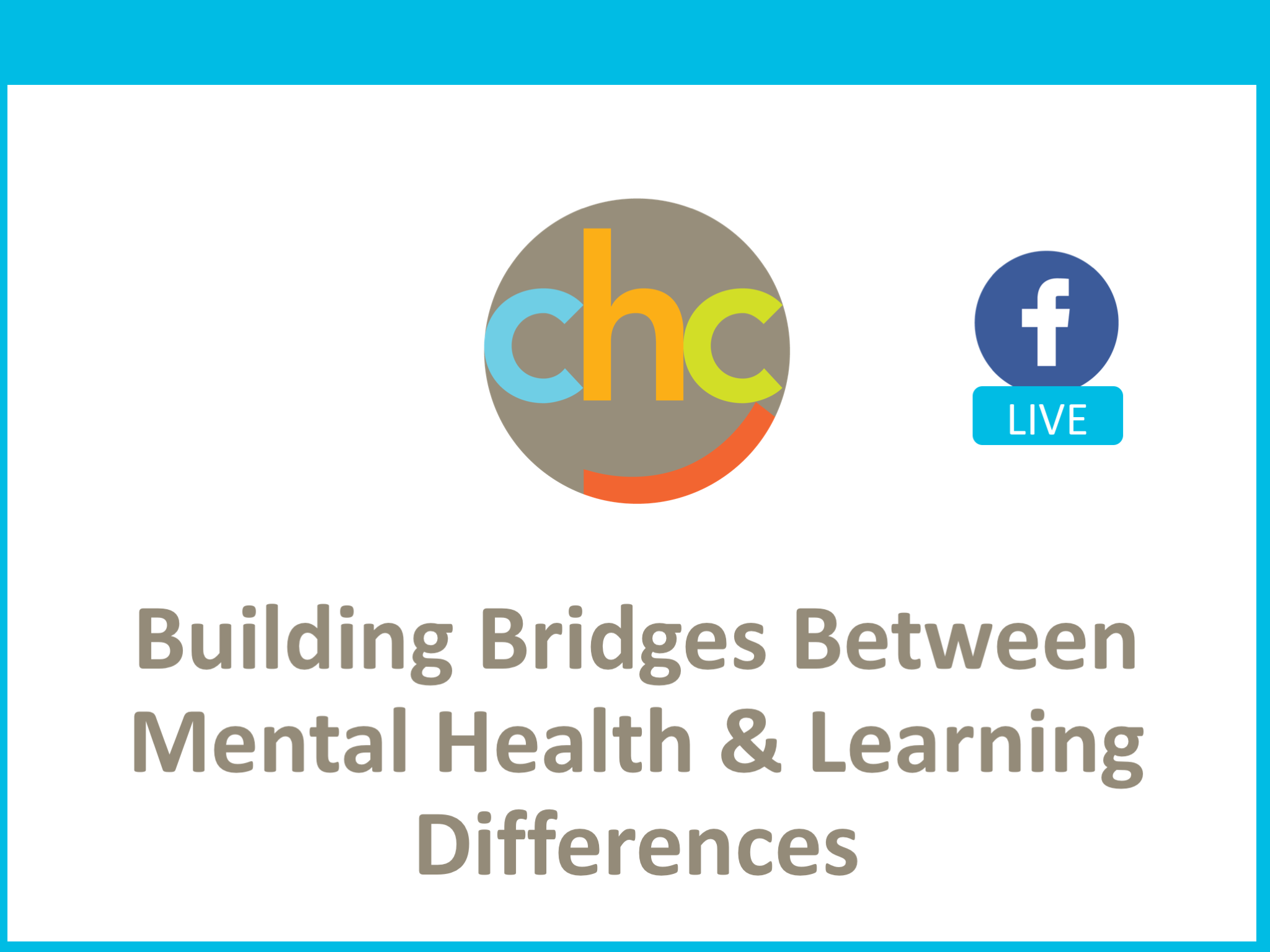 You’ve signed up for classes, you’ve learned your way around campus — and now, you’ve got to make sure you survive all the way to graduation.
You’ve signed up for classes, you’ve learned your way around campus — and now, you’ve got to make sure you survive all the way to graduation.
Laptop or paper notes? Highlighter or flashcards? And does music help while studying? Here’s how to take better notes and study so that you remember what you’ve learned — without getting crushed by college stress. Plus: what to do if you do feel crushed.
1. Learn how to take notes.
There’s no single magic way to take notes, but the act of writing down our interpretation of what we’ve learned helps organize and consolidate information in our brains.
2. Get a planner and actually use it.
You’ll have a lot going on in college, and managing your time is a critical skill to master. Use your planner to control your schedule. Write everything down: your classes, your work shifts, assignments and meetings.
3. When studying, don’t just put information into your brain. Draw it back out.
We know from research that the most common study strategies are rereading textbooks, rereading notes, and highlighting. We also know that those methods don’t really work, because they only focus on the input, not the retrieval, says Pooja Agarwal, a cognitive scientist at Berklee School of Music.
Think of learning as a two-way street. When you re-read and highlight, you’re only focused on getting information in, not doing any retrieving.
4. Failure is not the end.
An F on a test — or even for an entire class — doesn’t mean you won’t graduate. Sure, it’s difficult to hear negative things about yourself — and bad grades are no exception. But being hard on yourself can just make it worse.
5. Take care of yourself — and get some sleep.
Students who are sleep-deprived show many of the same symptoms as students diagnosed with attention disorders, says Natalie Murr, a psychologist at North Carolina State University. Emotional problems can also throw off a student’s focus and interfere with academics.
6. Let go of the stigma around mental health problems.
Mental health issues are pervasive on college campuses. It’s nothing to be ashamed of.
And parents, if your kid calls from college in distress, don’t judge, says B. Hibbs, psychologist and author of The Stressed Years of Their Lives. Listen and be supportive so they’ll continue to confide in you, and take their anguish seriously.
7. Know when to reach out for help.
Stress is so common in college, it can be hard to recognize when it becomes clinically treatable anxiety or depression, says Anthony Rostain, a doctor and professor at the University of Pennsylvania and Hibbs’ co-author.
Here are warning signs to watch for:
- Trouble sleeping.
- Trouble waking up.
- Trouble eating.
- Feelings of hopelessness or worthlessness.
- Drinking to the point of blacking out.
- Having lots of random sexual partners.
- Not being able to stop playing video games.
Excerpted from “How To Do Well (And Be Happy!) In College” on NPR. Read the full article for details more on each of these tips.
Listen to a podcast on this topic:
Source: NPR | How To Do Well (And Be Happy!) In College, https://www.npr.org/2019/09/03/757161013/how-to-do-well-and-be-happy-in-college © 2019 npr
Do you need someone to talk to? CHC can help. We invite you to call or email our Care Coordinators at 650.688.3625 or careteam@testing.chconline.org to set up a free 30-minute consultation.





